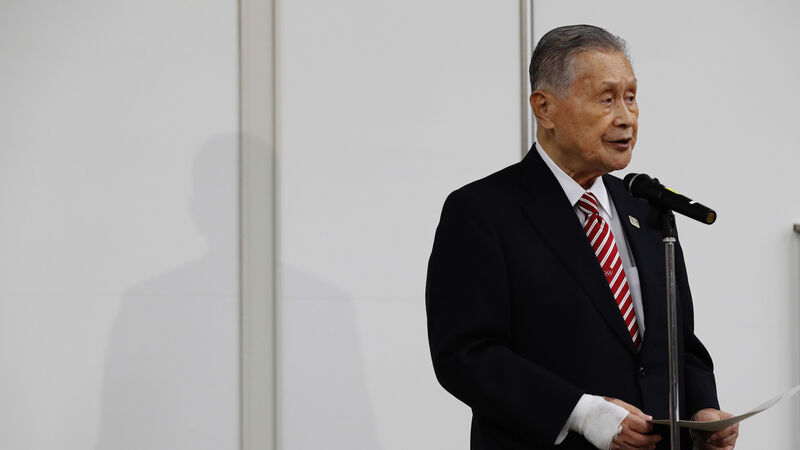Paul Rouse: Women struggling to have their voices heard in corridors of Olympic power

Yoshiro Mori, the president of the Tokyo Olympic organizing committee, speaks at a news conference last week. He came under scrutiny for comments made about women serving in board positions in organising committees. Picture: AP









